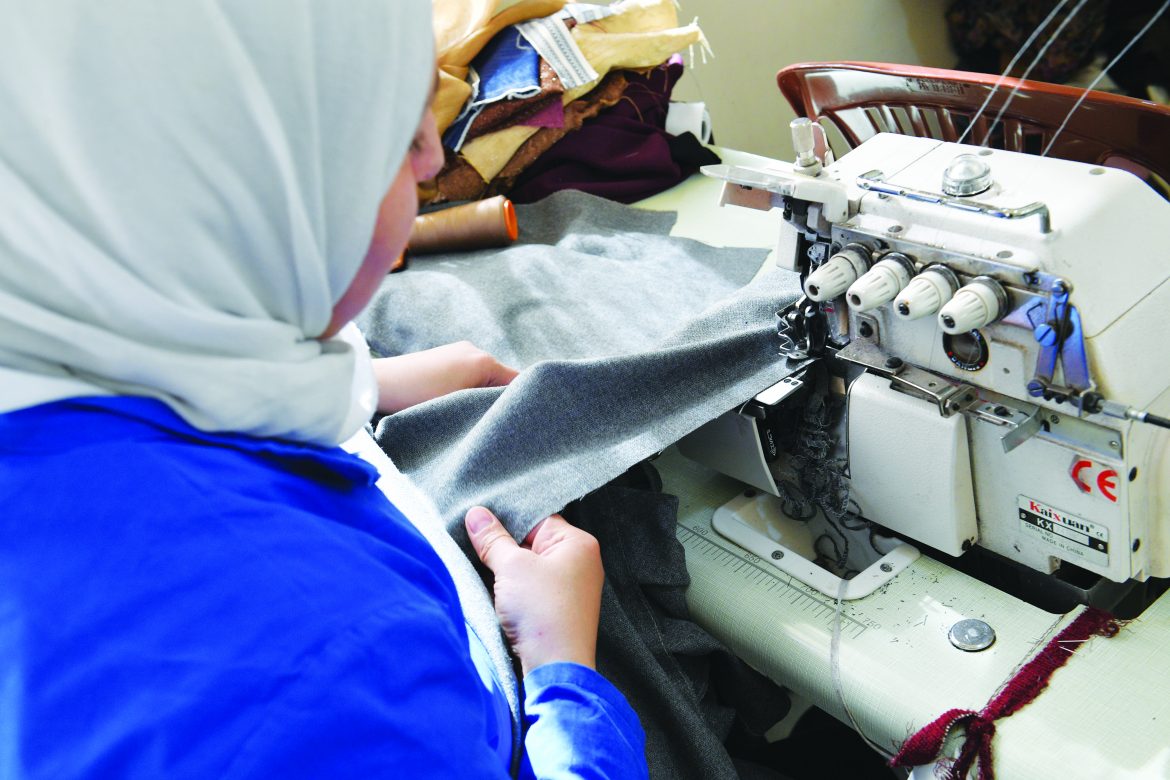Walid Slaiby
A disciplined, organized, and results-oriented professional with over 20 years of experience, Walid Slaiby excels in strategic planning, change management, and performance management. His background includes expertise in budgeting, forecasting, P&L management, marketing, and international commercial negotiations. Known for his leadership skills and ability to drive results, he has effectively managed change and led teams across multinational companies.

